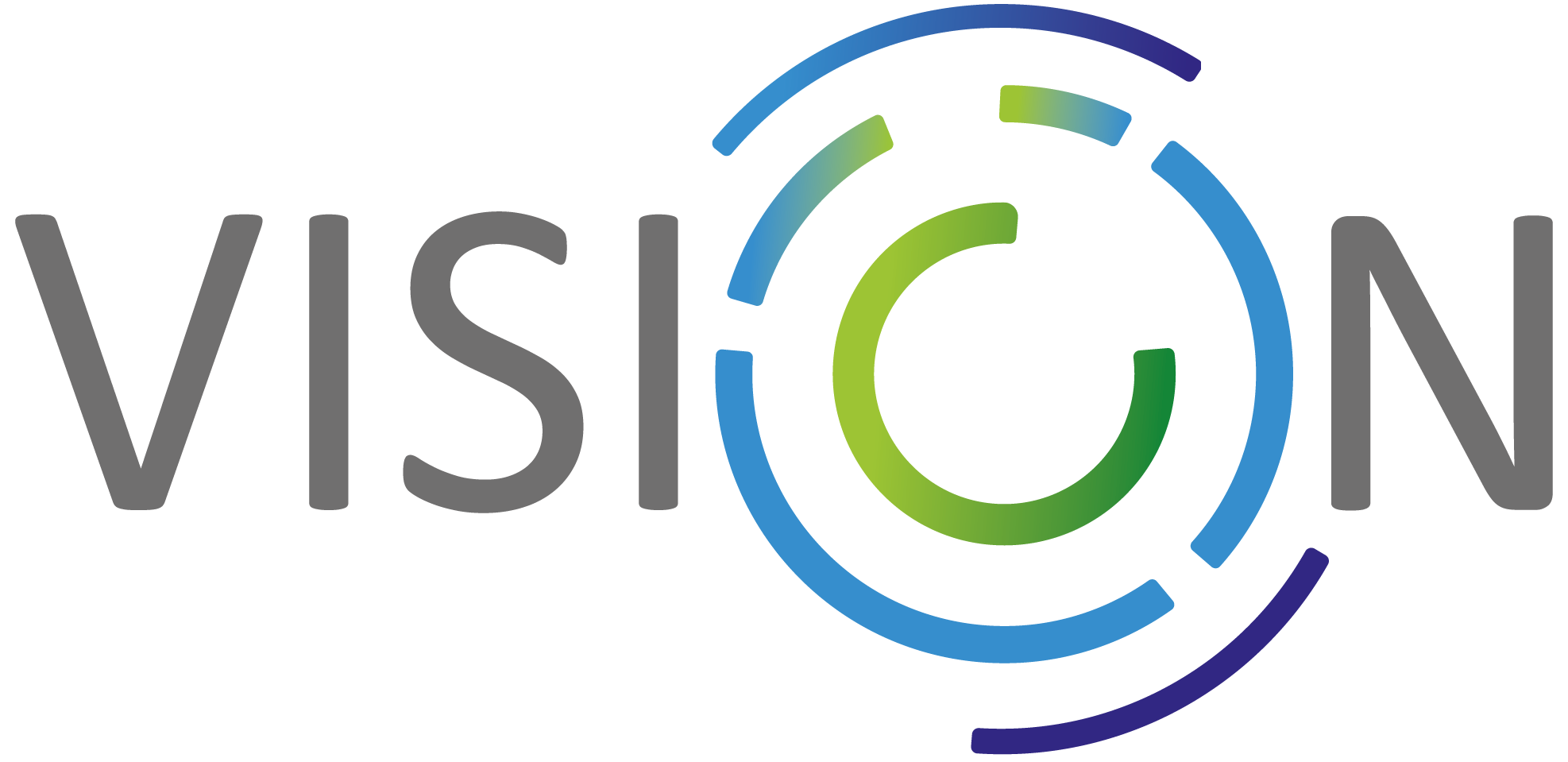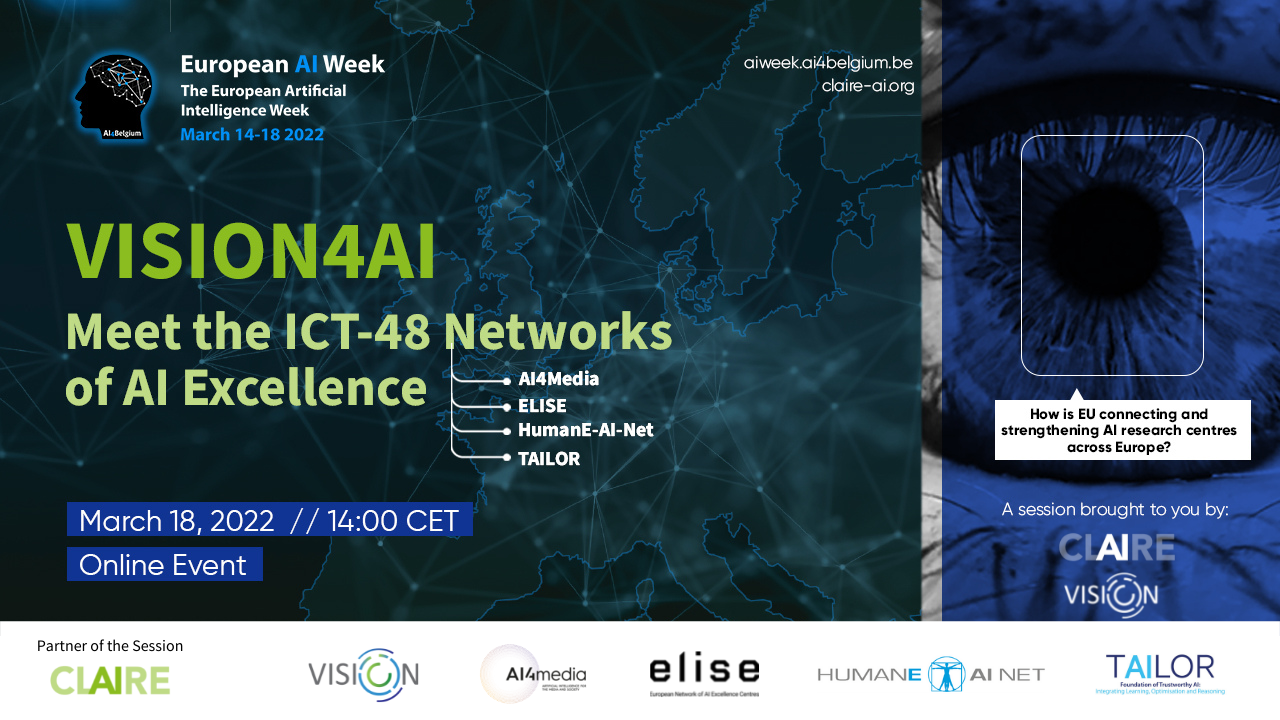European AI Week
VISION4AI: Meet the ICT-48 Networks of AI Excellence
Fri, March 18, 2022 | 2:00 PM – 5:00 PM CET | Online event
The ICT-48 Networks of AI Excellence will be presented during the European AI Week that takes place in Brussels and also online on March 14-18. The ICT-48 networks accepted the invitation of the CLAIRE initiative that partake in organizing different sessions on a European level.
The program includes inspiring talks, workshops, new insights from research, new publications and citizen debates. During this week, organized by AI4Belgium and its many partners across Europe, everyone – expert or not – will have the opportunity to discover the fascinating perspectives of artificial intelligence worldwide. Let’s shape a desirable future together!
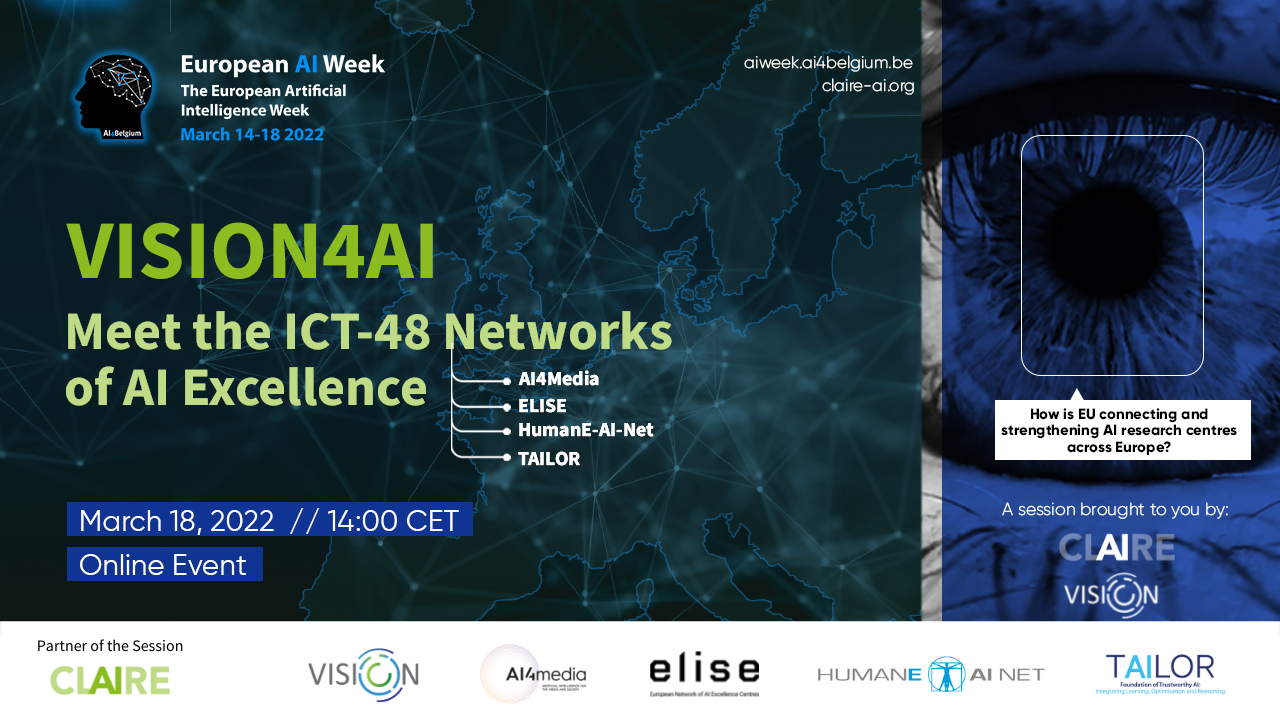
You can ask your question through SLI.DO: #VISION4AI.
Overview
Artificial intelligence (AI) is an area of strategic importance and a key driver of economic development, bringing solutions to many societal challenges ranging from treating diseases to minimising the environmental impact of farming. The EU is focusing on connecting and strengthening AI research centres across Europe and supporting the development of AI applications in key sectors. Europe invests in the European model of human-centric AI, with a new set of European networks of AI excellence centres (NoEs). Since September 2020, four NoEs are working on aspects of trustworthy AI funded under the H2020-ICT-48-2020 call.
The overall aim of this session is to present achievements and works in progress of the four Networks of Excellence, through a series of lectures and panel discussions.
About the European AI Week
The European AI Week is an upgraded version of the Belgian AI Week that was organized online last 15-19 Mar 2021 attracting eight thousand AI enthusiasts and experts in 56 sessions focusing on AI policies and regulations; latest technologies research and development; and citizen debate sessions throughout the five days. Nearly a dozen of European member states had their representatives at the event sharing strategies and focuses by the national hubs and their networks.
This year, European AI Week will be held 80% online from 14-18 March 2022 with the aim to share concrete AI actions and projects with the public through locally anchored organizations, which will continue the intention to promote cooperation between all relevant players in European AI.
Find more information about the European AI Week 2022 here.
Program
| 14:00 – 14:02 | Welcome Moderated by: Marianne Willaert, Project Manager, Inria, France/ VISION Project |
| 14:02 – 14:10 | Opening remarks Holger Hoos, Universiteit Leiden, the Netherlands; RWTH Aachen University, Germany / VISION Project Coordinator |
| 14:10 – 14:50 | AI4Media: The Project, its Latest Status & Main Achievements Ioannis (Yiannis) Kompatsiaris, CERTH-ITI, Greece/ AI4Media Project Coordinator |
| 14:50 – 15:30 | The ELISE Strategic Research Agenda: Towards More Competitive Europe Samuel Kaski, Aalto University, Finland/ ELISE Project Coordinator |
| 15:30 – 16:10 | HumanE-AI-Net: The HumanE AI Net Vision of Human Centric AI Paul Lukowicz, DFKI, Germany/ HumanE-AI-Net Project Coordinator |
| 16:10 – 16:50 | TAILOR: Theme Development Workshops: The Platform for Academia, Industry & Politics Freek Bomhof, TNO, Netherlands/ TAILOR Project Janina Hoppstädter, DFKI, Germany/ TAILOR |
Speakers

Marianne Willaert
In 2020, Marianne Willaert joined Inria as a European Project Manager. In that framework, she became strongly involved in the VISION project, in which she is leading synergies efforts within the Networks of Excellence by coordinating the exchanges and the work being done around the mobility of researchers in the project. Through her involvement in VISION, she also participated in and organised large dissemination events, notably for the general public. She is also the co-manager of the CLAIRE Paris Office that was created in September 2020. Additionally, she is a member of the executive Office of the AI, Data and Robotics Association (Adra), created as the private partner in the Partnership on AI, Data and Robotics with the European Commission under Horizon Europe. Previously, she worked as coordinator and project manager of a large network active in the domain of European Affairs and education on the European Union. Marianne Willaert holds a Master in International Relations and Politics, as well as a Master in Laws. She worked and lived in various countries such as Australia, Belgium, France and the United Kingdom.
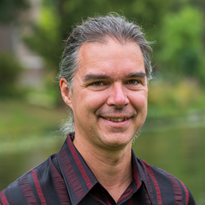
Holger Hoos
Holger H. Hoos is an Alexander von Humboldt Professor of AI at RWTH Aachen University (Germany), Professor of Machine Learning at Universiteit Leiden (the Netherlands) and Adjunct Professor of Computer Science at the University of British Columbia (Canada), where he also holds an appointment as Faculty Associate at the Peter Wall Institute for Advanced Studies. He is a Fellow of the Association for Computing Machinery (ACM), Fellow of the Association for the Advancement of Artificial Intelligence (AAAI), Fellow of the European Association for Artificial Intelligence (EurAI), chairman of the board of the Confederation of Laboratories of Artificial Intelligence Research in Europe (CLAIRE), vice-president of EurAI, past president of the Canadian Association for Artificial Intelligence (CAIAC), Editor-in-Chief of the Journal of Artificial Intelligence Research (JAIR) and leader of the VISION coordination mandate for the recently launched European networks of centres of excellence in AI.
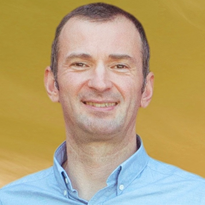
Yiannis Kompatsiaris
Dr Ioannis (Yiannis) Kompatsiaris is the Director of CERTH-ITI and the Head of the Multimedia Knowledge and Social Media Analytics Laboratory. He received his PhD degree in 3-D model-based image sequence coding from the Aristotle University of Thessaloniki in 2001.
His research interests include ΑΙ/Machine Learning for multimedia analysis, Semantics (multimedia ontologies and reasoning), Social Media and Big Data Analytics, Multimodal and Sensors Data Analysis, Human-Computer Interfaces, e-Health, Arts and Cultural, Media/Journalism, Environmental and Security applications. He is the co-author of 178 papers in refereed journals, 63 book chapters, 8 patents and 560 papers in international conferences.
He has participated in 103 National and European research programs, in 31 of which he has been the Project Coordinator. He has also been the PI in 15 contracts from the industry. He currently coordinates the 30-institution AI4MEDIA Network of Excellence: A European Excellence Centre for Media, Society and Democracy for promoting Artificial Intelligence research, technologies and applications in Media with emphasis on ethical and trustworthy AI.
He has been the co-chair of various international conferences and workshops including the 13th IEEE Image, Video, and Multidimensional Signal Processing (IVMSP 2018) Workshop and has served as a regular reviewer, associate and guest editor for a number of journals and conferences currently being an associate editor of IEEE Transactions on Image Processing. He will be a General Co-Chair of ICMR2023, which will take place in Thessaloniki. He is a member of the National Ethics and Technoethics Committee, the Scientific Advisory Board of the CHIST-ERA funding programme and an elected member of the IEEE Image, Video and Multidimensional Signal Processing – Technical Committee (IVMSP – TC). He is a Senior Member of IEEE and ACM. Since January 2014, he is a co-founder of the Infalia private company, a high-tech SME focusing on data intensive web services and applications.

Samuel Kaski
Samuel Kaski is a professor of Computer Science at Aalto University and the director of the Finnish Centre of Artificial Intelligence – an Academy of Finland Flagship of research – and ELLIS Unit Helsinki. His research field is statistical machine learning and probabilistic modelling, with applications in new kinds of collaborative AI-assistants able to work well with humans in modelling, design and decision tasks. Application domains include computational biology and medicine, brain signal analysis, information retrieval and user modelling. Prof. Kaski is also a professor of Artificial Intelligence at the University of Manchester where he is setting up a Centre for AI Fundamentals and is Research Director of the Christabel Pankhurst Institute for Health Technology. Prof. Kaski is an ELLIS Fellow, UKRI Turing AI Fellow, and Turing Fellow of the Alan Turing Institute.

Paul Lukowicz
Since 2012 Paul Lukowicz is Full Professor of AI at the TU of Kaiserslautern in Germany and Scientific Director heading the Embedded Intelligence group at DFKI (German Research Center for Artificial Intelligence). Between 2006 and 2011 he has been Professor (W3) of Computer Science at the University of Passau. Before that he held the Chair for Computer Engineering at the University of Medical Informatics, Health Science and Technology (UMIT) in Austria (2004-2006) and was a senior researcher (“Oberassistent”) at the Electronics Laboratory at ETH Zurich (1999-2004, plus part time association till 2006). Paul Lukowicz has MSc. (Dipl. Inf.) and a Ph.D. (Dr. rer nat.) in Computer Science a MSc. in Physics (Dipl. Phys.). His research deals with the interface between the digital, the physical, and the social world in particular interpreting complex real world processes with sensors that are suitable for integration and long term use in real world setting including ubiquitous and wearable sensors. Research goes all the way from sensor design and modeling through signal processing and machine learning to a broad range of applications. Examples include new concepts for on body capacitive sensing, novel magnetic positioning systems for smart spaces and textile pressure sensor matrices that were adapted to applications ranging from smart soccer shoes through smart shirts to smart carpets and sensor seats for cars.
Paul Lukowicz co-funder of 3 spinoff companies and co-author (together with a team from QUALCOM ) of a US patent on location discovery.

Freek Bomhof
Freek joined the Dutch research organization TNO in 2003 and has had several positions there in various application domains, having worked on redesigning business processes for large organizations, and innovation management primarily for SMEs. He has been coordinating the TNO research on Big Data a number of years and he is now a senior Consultant and Project Manager at the Data Science department. He has set up, contributed to and coordinated a number of EU R&I projects. Currently Freek is focusing on applications of AI in safety and security, for instance in the H2020 STARLIGHT project. His main interest is the interplay between technology, and ELSE (ethical, legal, social, economic) aspects, leading him to put emphasis on fair AI, explainable AI and privacy enhancing technologies issues; topics that he also works on in his role as taskforce lead in the Big Data Value Association.

Janina Hoppstädter
Janina has been working for three years at the German Research Center of Artificial Intelligence (DFKI). She studied business administration, with a strong focus on business informatics. After her studies, she worked for several years in the industry, where she acquired and managed both national and international research and development projects, especially in the areas of smart industry and smart services. At DFKI, she is working on the conception and implementation of the Theme Development Workshops in TAILOR as well as other industry related activities. She is interested in application-oriented topics and cooperation with industry.
